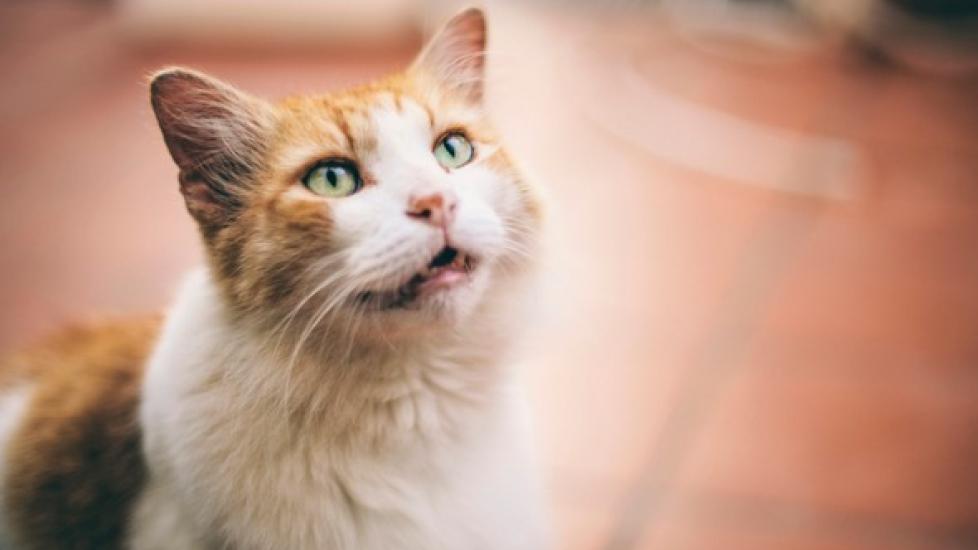 Cats have a language all their own, and the meow is one of their most recognizable vocalizations. But why do cats meow, and what does it mean when they do so? In this article, we will delve into the fascinating world of feline communication to understand the reasons behind your cat’s meows.
Cats have a language all their own, and the meow is one of their most recognizable vocalizations. But why do cats meow, and what does it mean when they do so? In this article, we will delve into the fascinating world of feline communication to understand the reasons behind your cat’s meows.
Firstly, it’s important to note that kittens begin to meow as early as 2-3 weeks old when they are separated from their mothers. This instinctive behavior serves as a way for them to communicate with their mother and siblings about hunger, fear, or loneliness. Kittens use different patterns and tones in their meows to express specific needs, such as “I’m hungry” or “Let’s play!”
Adult cats, on the other hand, rarely meow at each other; instead, they reserve this sound primarily for communicating with humans. It is believed that domestication has led to changes in cat behavior where they have learned to adapt certain kitten-like behaviors to interact effectively with us. The meow, which was once used exclusively between kittens and their mothers, now bridges the gap between our feline friends and ourselves.
Here are some common reasons why adult cats may meow:
-
Attention: One of the primary reasons cats meow is to get your attention. If your cat wants something—be it food, water, affection, or simply company—they might let out a soft, insistent meow. They are essentially saying, “Hey, over here! I need something.”
-
Food/Water Request: A persistent meowing could be an indication that your cat’s food bowl is empty or they want a change in diet. Some cats also like to remind you of mealtimes if they follow a strict feeding schedule.
-
Thirsty: Don’t underestimate the power of a simple ‘meep’ to signal thirst. Make sure there is always fresh water available for your pet.
-
Playtime: An excited, trilling meow can indicate that your cat is feeling playful and would love some interaction with toys or even a gentle game of chase around the house.
-
Curiosity: Have you ever noticed your cat meowing while looking out the window or exploring new spaces? This often means they are curious and seeking reassurance or acknowledgment from you.
-
Pain/Sickness: Sometimes, meowing can be a sign of discomfort or illness. Changes in frequency, volume, or pattern of meowing should be taken seriously, especially if accompanied by lethargy or unusual behavior.
-
Territoriality: When meeting another cat outside, a loud, assertive meow can establish dominance or warn off intruders.
-
Greeting: Just like humans say hello, cats too have ways of greeting each other (or you), and a friendly, short meow can be part of these social greetings.
-
Socialization: Meowing can serve as a form of social bonding between pets and their human companions. By responding to your cat’s meows, you reinforce positive interactions and strengthen your bond.
It’s crucial to pay close attention to the context in which your cat is meowing because sometimes, it may not be obvious what they are trying to convey. Observing body language and other cues can provide valuable insights into your pet’s intentions. Regular veterinary check-ups can also help identify any underlying health issues that might be causing abnormal or excessive meowing.
In conclusion, understanding why cats meow is key to developing a deeper connection with our furry friends. Whether it’s through attention-seeking, requesting resources, expressing curiosity, or engaging in social interactions, the meow is a versatile tool in a cat’s communicative arsenal. As pet owners, it is our responsibility to listen carefully and respond appropriately to ensure our beloved felines lead happy, healthy lives.
